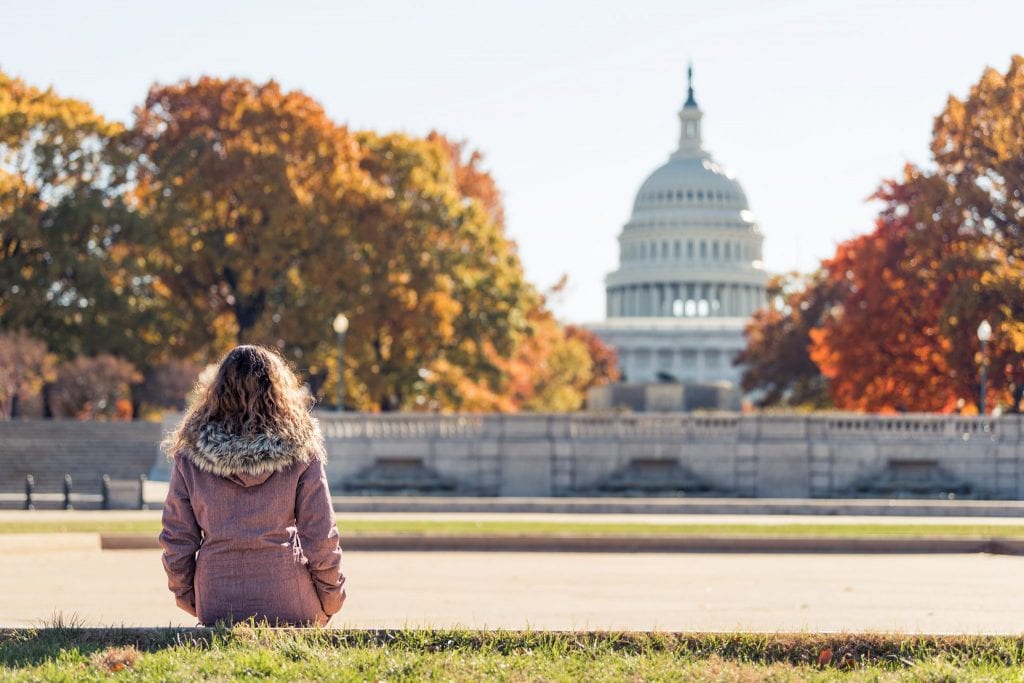In a Huge Win, U.S. to Finally Have a Secretary-Level Position for Tourism

Skift Take
It took 28 years, and when it came this Friday evening before Christmas holidays, it slipped under the cover of a historic "bomb cyclone" weather catastrophe playing out over the continental United States.
This is a seminal moment for the U.S. travel industry, as a bill that has been passed by both chambers of Congress is about be signed into law by President Biden, and for the first time in U.S. history it creates a top government level position — a new Assistant Secretary of Travel and Tourism at the U.S. Department of Commerce — for the travel and tourism industry, and finally a seat the policy table the the industry has been asking for decades.
This should have happened in the Bill Clinton administration in the mid 1990s, as we wrote in 2013 explaining the moment right before Atlanta Olympics in 1996 when there was a lot of momentum to open up tourism-related policies in the country

